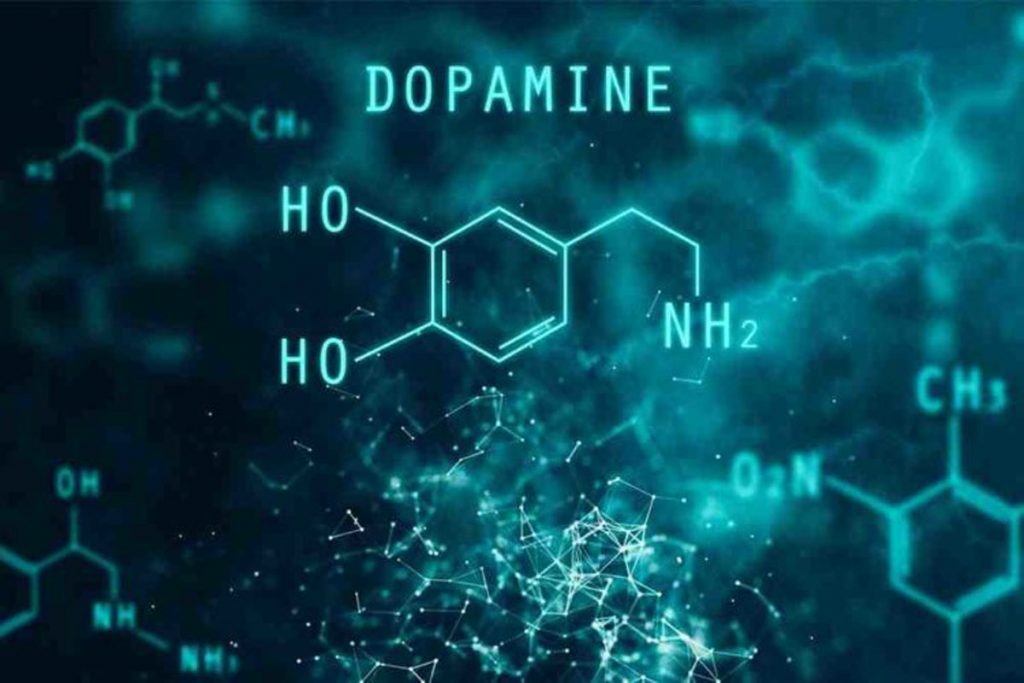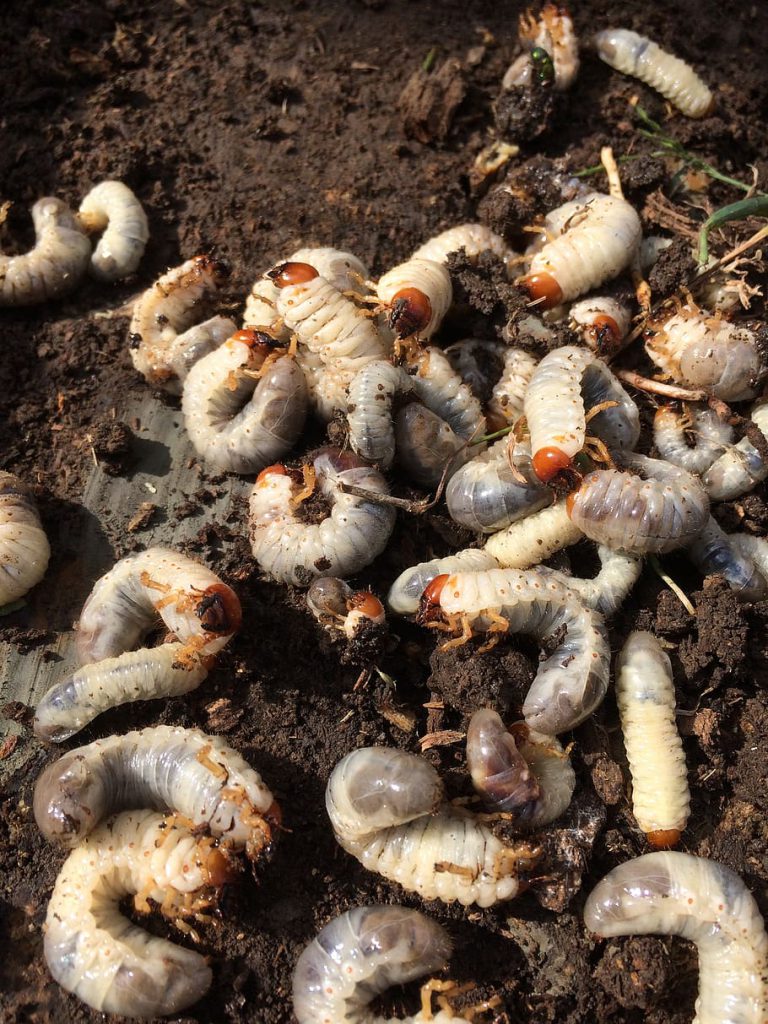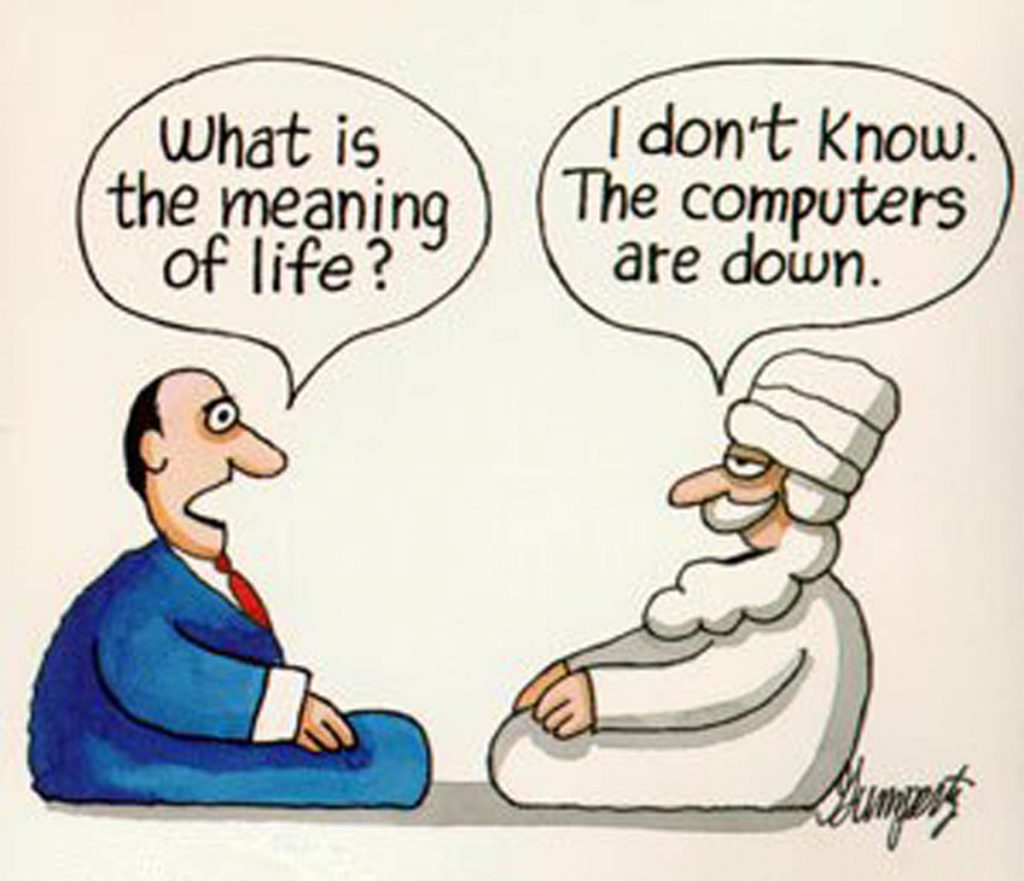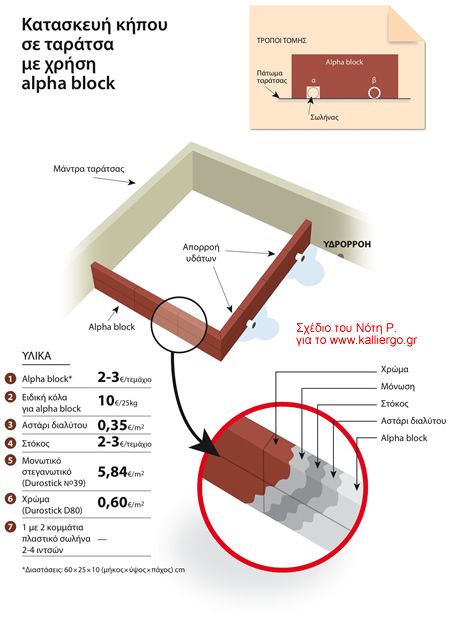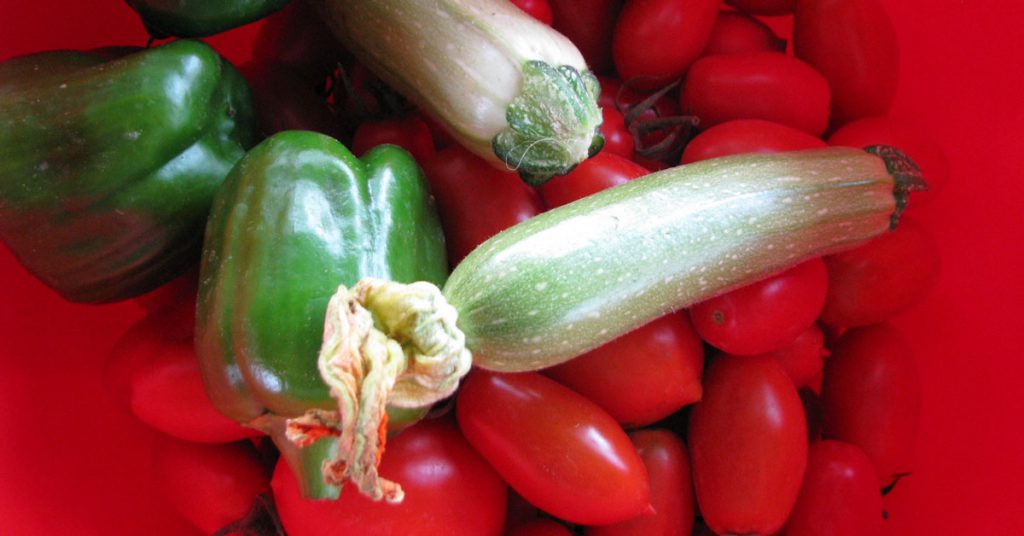You have surely noticed the thousands of people who all day long are with a mobile phone in their hand. They’re texting, uploading photos, waiting for replies.
And they are very happy with this process. So happy, they are now addicted.
Not a word about any other activity
Tell them to garden, to farm, to read, to learn something new (anything e.g. a foreign language, a programming language, to read a book, to watch a movie, etc.), to cook, to tidy up. Anything beyond their cell phone. To get involved with something that requires effort.
Dare to tell them that they are addicted to something invisible
They will look at you as their enemy! They’ll say you don’t know what you’re talking about. They’ll tell you they’re not addicted the way you see them.
And yet all this behavior has an explanation based on organic chemistry.
It’s a molecule called dopamine. A molecule that the brain produces when it’s happy. It’s the reward!
Experiment on mice
Scientists did an experiment on mice.
Every time they did something they were asked to do (e.g. turn a lever), they were given a large dose of dopamine.
The mice became so addicted to dopamine that all they did was turn the lever to get the next dose of dopamine.
Until they were so exhausted they collapsed.
What happened when they were deprived of dopamine?
When they deprived the mice of dopamine, they lost all interest in life.
They didn’t seek food or water. They had no interest in doing so, because they knew there was no reward (dopamine).
They would have died if scientists hadn’t fed and watered them by force.
We take the easy way out
The human brain seeks to feel good. Seeks rewards. It gets that from a molecule called dopamine.
It has two ways to get it:
- The easy one (mobile phone, social media)
- The hard one (gardening, work, learning, reading, exercising)
And of course he chooses the easy way, which plus the other, effortlessly provides him with large amounts of dopamine.
Large amounts of dopamine that quickly lead him to addiction!
And that’s the catch. The disaster if you don’t get away.
The same mechanism applies to smoking, drinking alcohol, gambling (casinos), video games, pornography.
They are easy mechanisms that give satisfaction, effortlessly.
Rehabilitation is not easy
Rehabilitation is not easy.
It requires first of all acceptance and recognition of the situation (difficult) and a desire to change (even more difficult).
1. Eat a rich meal every day
Imagine being able to eat a prepared, rich tasting meal every day that makes you feel good. How to easily convince you to give it up and replace it with beneficial unsalted vegetables and fruits.
2. Castaway
But if you were a castaway on an island, starving like crazy, then unsalted fruits and vegetables would be a godsend.
The secret of change
From the last example, we understand that the secret to change is deprivation.
If you can easily get whenever you want a hearty meal that unnaturally spikes your dopamine levels in a technical way, you will never find joy in vegetables and fruits.
In learning, in growing, in tending the garden.
Activities that all require effort because they are difficult.
But if you stop the easy activities (cell phones, social media, gambling, cigarettes, alcohol, video games, pornography, etc.) that provide large amounts of dopamine to the brain for free and without gain.
If you replace them with other activities that require labor and effort, but are beneficial, such as growing crops, tending the garden, reading, learning, creating, then the brain will adapt to the new dopamine levels and derive pleasure from them.
Is it easy to change?
No it is not!!!!
But it is worth the effort. Even if it’s first, second, third, fourth… attempt.
It’s important to acknowledge the mechanism by which we choose the easy and not the hard as sources of joy and dopamine.
Source
The reason for this article was this video I saw by chance.
It helped me to understand a behavioral mechanism that I saw every day in my close environment.
The difficulty in convincing someone or some to do something other than engage in social media all day long via their cell phone.
Tags: DEPENDENCY • DOPAMINE • FACEBOOK • GARDEN • INSTAGRAM • MOBILE PHONES • PEOPLE • SOCIAL MEDIA

